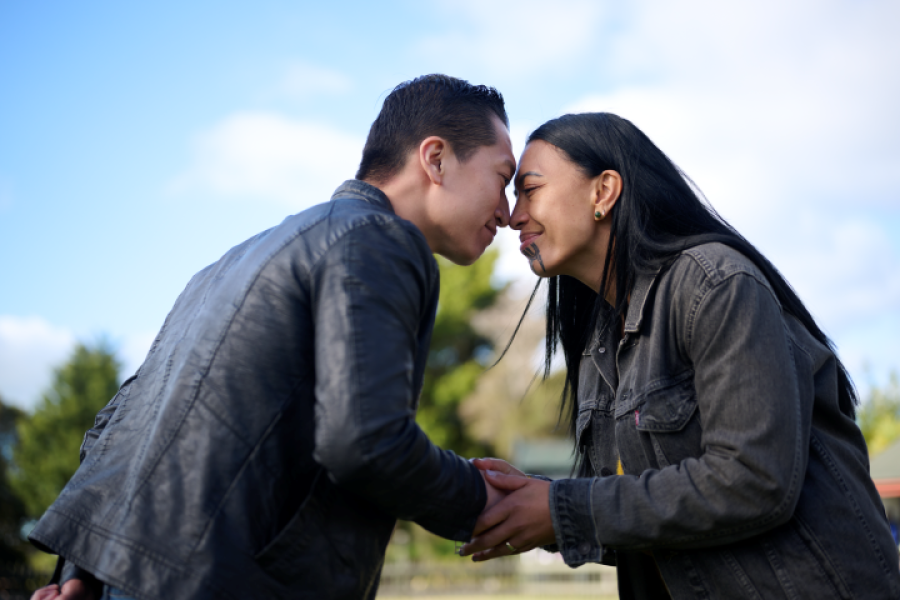
Search
Building on strengths: Educational pathways that benefit Māori students

Published: 2024
Authors: Isabelle Sin, Shannon Minehan
Summary Haiku
Gender gaps are stark.
Plan your study carefully,
consider lost work.
This paper is an economic analysis of pathways through education leading to strong outcomes for Māori students, and how these differ by gender - and for students with different interests and aptitudes in high school.
The authors focus on labour market outcomes and also consider some non-labour market outcomes.
This paper will help inform policy development and career advice to both school-aged Māori students and older Māori people considering returning to education.
Key findings in the research:
- Level 2 NCEA certificate subjects do not define careers.
- Women gain more education, but men save more money.
- Bachelor’s degrees benefit women more than men.
- Vocational training yields strong outcomes for men and sometimes for women.
- Some popular fields of tertiary study for Māori yield little financial benefit.
- Not all STEM study leads to strong job prospects, but higher study in some fields is financially beneficial.
- Connection to Māori culture is valuable.
- Educational pathways to desirable outcomes for Māori may change in the future.
This research was funded by Te Puni Kōkiri (Ministry of Māori Development).
The authors thank Roger Macky (Te Puni Kōkiri), Richard Jefferies (Ngāti Tūkorehe, Ngāti Raukawa; Te Puni Kōkiri), Dale Karauria (Ngāti Porou, Ngāti Kahungunu; Te Puni Kōkiri), and Deb Potter (Ministry for Ethnic Communities) for providing helpful discussion and feedback on the project.
The authors also thank Richard Jefferies and Dale Karauria for providing cultural context; Will Workman (Ngāti Kahungunu ki Wairarapa), whose work helped inspire this research; participants at the New Zealand Association of Economists annual conference 2022 for useful suggestions; and Naomi Brewer (Te Puni Kōkiri), Maia Rangataua Te Koha (Ngāti Porou, Ngāpuhi, Ngāti Tamaterā; Te Puni Kōkiri), Tama Braithwaite-Westoby (Waikato Tainui, Ngāti Pākehā ki Te Waipounamu; Te Puni Kōkiri), Nicholas Green (Ministry of Business, Innovation & Employment), David Earle (Ministry of Education), and Gerald Minee (Ministry of Business, Innovation & Employment) for providing valuable feedback.
Citation
Sin, Isabelle and Shannon Minehan. 2024. "Building on strengths: Educational pathways that benefit Māori students." Motu Working Paper 23-01. Motu Economic and Public Policy Research. Wellington, New Zealand.
DOI: doi.org/10.29310/WP.2023.01
Funders
Te Puni Kōkiri (Ministry of Māori Development)


Level 1, 97 Cuba Street, PO Box 24390
Wellington 6142, Aotearoa New Zealand
Media enquires: 021 837 966
Phone: 04 939 4250
 Back to main menu
Back to main menu
